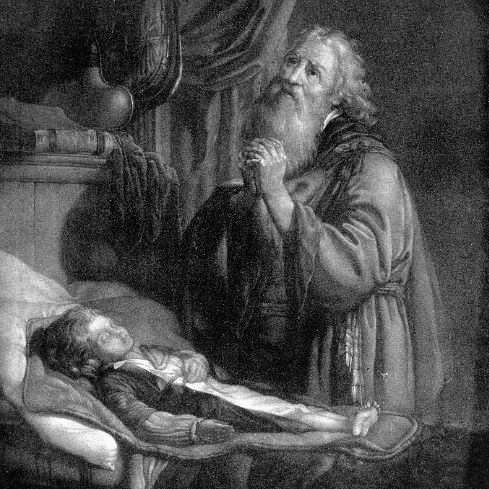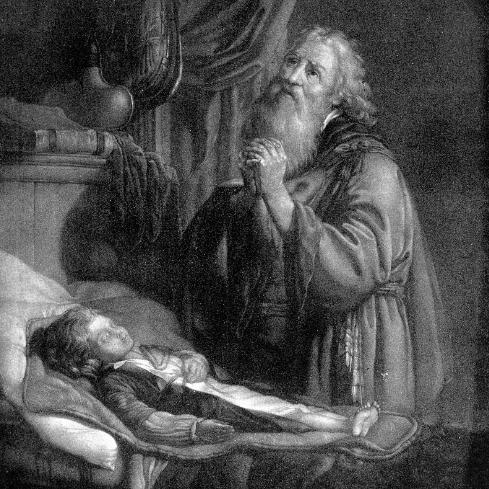"I can read the writing on the wall. So, Mama don't take my Kodachrome away"
Paul Simon, 1973
Since when did medications become a no-no?
It is no secret that zealots like Andrew Kolodny, Jane Ballantyne, and the lemmings that follow them don't want you to have pain medication. It's bad news, but it's also old news. This mess will eventually play out and maybe even improve, especially once the idiots who are passing idiotic laws will also need to pass a kidney stone. But enormous damage will have been done by then; it already has been done.
If you're anxious about the prospect of writhing in pain after a knee replacement or gall bladder surgery, or the surgery itself, a paper by a group at the University of Pennsylvania ain't gonna help.
"Music may replace sedatives for treating pre-op anxiety."
V. Graff, et.al., Regional Anesthesia and Pain Medicine, Volume 44, Issue 8
1. Let's get rid of Versed.
I don't even know where to start. Perhaps the first sentence...
"Music medicine is a non-pharmacologic intervention that is virtually harm-free, relatively inexpensive and has been shown to significantly decrease preoperative anxiety."
Harm free??? Please. If I'm laying there waiting to be filleted by an orthopedic surgeon holding something that belongs in Bob Vila's tool shed and I hear Sammy Davis Jr. singing "The Candy Man Can," (1) I will cheerfully launch myself out the nearest window. And despite the fact that you and I both know where this article is going, a milligram or two of Versed (midazolam) is about as close to "harm-free" as it gets. This is why benzodiazepines have replaced barbiturates as sedatives and sleep aids – they are really safe (See Can Valium Kill You? and Versed: The Second Coolest Drug Out There).
"Benzodiazepines are known to have undesirable side effects such as respiratory depression..."
What a crock. The surgery is going to be done in a hospital or surgical center where they routinely knock people out and breathe for them, not in a bowling alley. And please tell me how often Versed causes respiratory depression when used in an appropriate dose (2) to calm down a nervous patient. Perhaps never?
"...and hemodynamic perturbations and paradoxical effects such as hostility, aggression and psychomotor agitation."
Here we go again. An academic or finds a drug, especially one that has even the slightest addiction potential, and lists a bunch of hypothetical or minimal risks in order to demonize it and then recommend replacing it with something else. What else? Doesn't matter. Even this is OK nowadays...

Artist's rendition of the Emergency Department at St. Joseph’s Regional Medical Center in Patterson, NJ. The hospital's goal is to avoid opioid use whenever possible (3). Instead, they provide a pranic healer (4). If that doesn't work there is also a wandering harpist. May God help you if you end up there. (See Gonna Throw Away Your Used Narcotics?) Photo: Wikimedia Commons
How often do these awful effects occur? I can't tell. The authors cite two references. One is an 1100 page book and the other is a 1990 article in the Canadian Journal of Anesthesiology, which says nothing about the frequency of these supposedly heinous side effects.
2. Uh, oh. It's trick time.
"More importantly, a recent Cochrane review showed low quality of evidence that midazolam reduces pre-procedural anxiety compared with placebo."
Please. I've had midazolam (Versed) a few times. You can tell when it hits your brain because once it does if someone tosses a hand grenade into the room you won't care. (Feel free to share your experiences with the drug.)
What about the "low quality of evidence?" The authors have just played a trick on you. If you read the Cochrane review in question it does not say that midazolam doesn't work. Nothing of the sort.
"One trial reported that fewer participants who received midazolam were anxious (3/47 versus 15/35; low‐quality evidence). There was no difference in discomfort/pain identified in a further trial (3/85 in midazolam group; 4/82 in placebo group; P = 0.876; very low‐quality evidence)."
The "low quality of evidence" means that these trials did not include enough patients to draw any conclusion whatsoever about the effectiveness of midazolam - not that it doesn't work. When P = 0.876 it means that the data are no better than a coin flip.

Image: Real Property Management
3. Results, such as they are.
"Patient satisfaction scores with their procedure experience were higher in the midazolam group (p=0.01); however, there were no differences in physician satisfaction scores of their procedure experience between groups (p=0.07)."
This is about as bad as it gets. Despite the title, the data actually show that the Versed was better for relieving the anxiety of the patients than the music! But the physicians found no difference between the methods (and this was not even statistically significant). Who cares??? It's not the physician who is going to be carved up like a cucumber roll - it's the patient. And the patients favored the Versed.
"Both patient and physician perceptions on difficulties in communication were higher in the music group than in the midazolam group (p=0.005 and p=0.0007, respectively)."
Do you want to communicate with your surgeon when your torn rotator cuff is being stitched back together? I sure don't. I want to believe that I'm orbiting Saturn in a tuba case packed with Crispy Creme donuts.
The authors wrote that people with significant psychiatric disorders, including generalized anxiety disorder or panic attacks, were excluded at the beginning; they were not eligible to participate. We don't know how many volunteers were excluded, but isn't it a bit odd that anxious patients were excluded in a study of anxiety? Even after this first culling, of 221 eligible participants, 61 more were excluded. Fifty-eight refused to participate, either because they were scared, sane, or both. And three were excluded because they freaked out before randomization of the two groups.
Does the term "selection bias" ring a bell?
4. Let's sum it up.
In a world of atrocious studies, this one gets dishonorable mention. After making up a bunch of nonsense about how dangerous a widely-used, safe sedative is:
- The authors try to convince us that Versed doesn't work because there is "low-quality evidence" to show it does, but all this means is that the data suck, not that the drug doesn't work. It does.
- Despite the title and chilling but irrelevant scare tactics, music is not a satisfactory replacement for sedation.
- It is crazy to even suggest this. If you're having an operation - something that scares the #### out of most people - there is nothing wrong with having a dose or two of a very safe medicine (5).
- Perhaps the authors hoped you didn't notice that the Versed worked better to calm the patients. It did.
- Perhaps worst, why would anyone study this at all? I'll answer that one. It's now oh-so-cool to brag about how to cut back (or out) nasty old drugs, which have a perfectly legitimate place in medicine, despite what the zealots and other extremists say. Welcome to the Dark Ages of Dilaudid.
Perhaps the authors of this rubbish should face the music. Maybe this?
"Who can take a sunrise
Sprinkle it in dew
Cover it in chocolate and a miracle or two?
The candyman
The candyman can
The candyman can 'cause he mixes it with love and makes the world taste good."
Leslie Bricusse, Anthony Newley, 1971
NOTES:
(1) OK, it's not that bad. The music is Weightless by Marconi Union, but try listening to all eight minutes of it without wanting to hurl.
(2) The authors would seem to be using a standard scare tactic: using high dose side effects to make a false point about what would happen at the correct dose.
(3) Of course, this is standard practice now. It wasn't quite when I wrote this article in 2016. If you go to an ER looking for pain meds you will be more like to walk out of there with a whalebone than a bottle of Vicodin.
(4) For those of you who may not know what a pranic healer does, prepare yourself. Pranic Healing (bioplasmic healing, radiatory healing): Purported ancient science and art that supposedly uses ki, prana, or "vital energy" to heal the "whole physical body." It allegedly involves manipulation of ki and "bioplasmic matter." Pranic Healing theory posits acupoints, chakras, meridians ("bioplasmic channels"), and a three-layered "energy body."
(5) "[T]he use of midazolam for conscious sedation has an excellent safety profile in dentistry comparatively, with a low number of reported incidents." Source: British Dental Journal. There are many other references that say just this.




